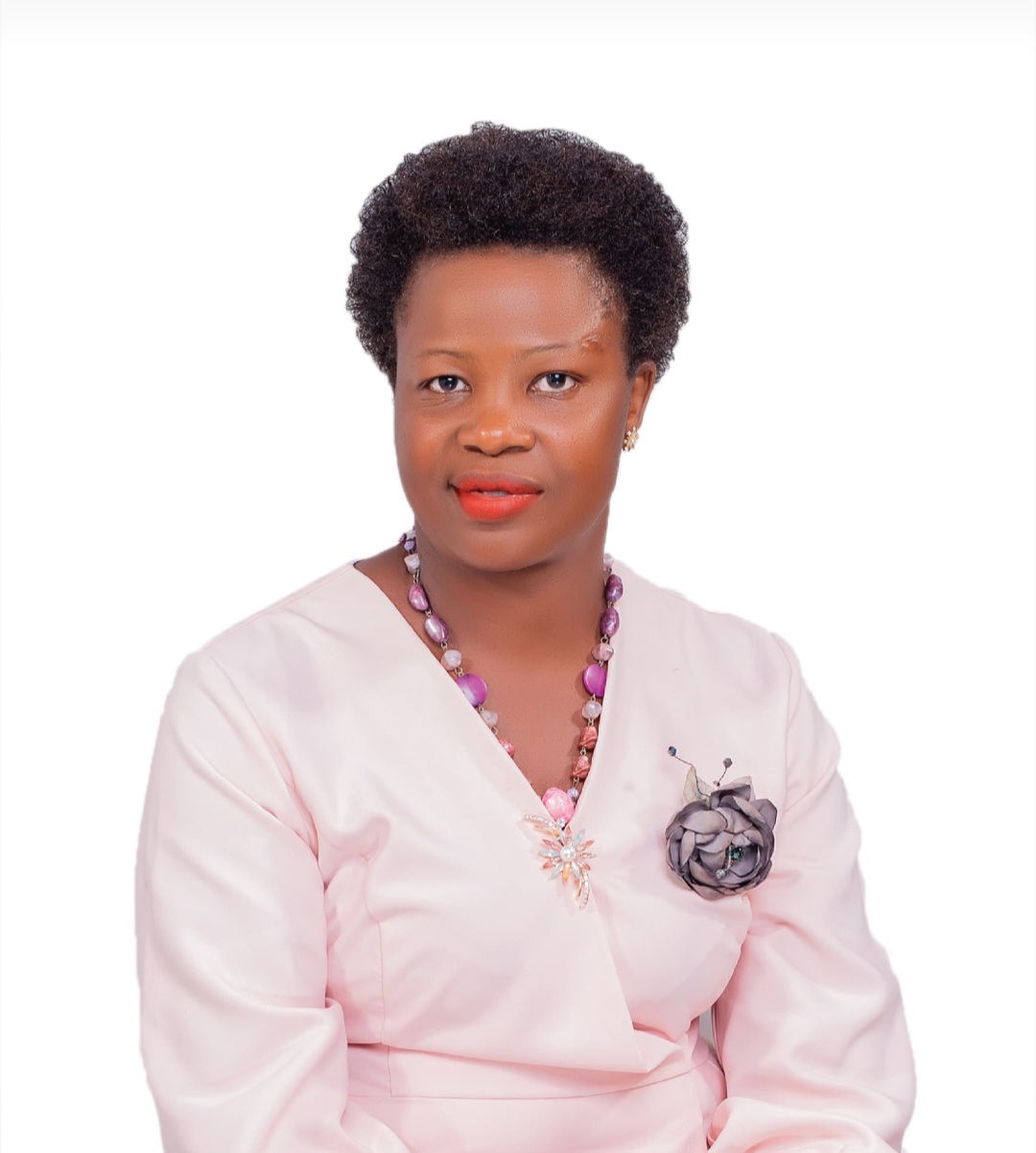Odongo, who was releasing the 2019 Uganda Certificate of Education results on Friday said the failure rate had dropped to 7.8 per cent, from 12.8 per cent in the previous year. Therefore 92.2 of the candidates who sat for the exams can proceed to the next level of education.
Out of the 337,697 candidates who sat for the final exams, 168,639 were male and 169,058 female at 3,531 centres. For the first time in history, more girls registered for last year’s exams than boys.
Odongo said that failure rate in the UCE examinations dropped to 7.8 per cent, from 12.8 per cent in the previous year. Therefore 92.2 of the candidates who sat for the exams can proceed to the next level of education.
Subjects wise, Odongo said that an overall improvement was realised in subjects like Biology, Agriculture, Chemistry and Art. While in the English language, History and commerce have a significant drop.
In Biology only 0.3 per cent of females passed at distinction levels but males were 0.7 per cent. At the credit level, females were 26.7 per cent and males were 36.2 per cent, Pass level females were 67.3 per cent and males were 72.7 per cent.
In Physics, 0.2 per cent of females had distinctions and males were 10 per cent. 9.9 per cent of females passed with credit while males were 18.7 per cent, 40.2 per cent of females had passes and males were 53.5 per cent.
Chemistry, 2.1 per cent of males had the distinction as compared to 0.8 per cent females. 18.8 per cent of males had credits but females were 12.3 per cent. At the pass level, males were 53.5 per cent while females were 40.2 per cent.
Mathematics, 2.3 per cent of females had distinctions and males were 5.5 per cent. 27.6 per cent of females had credits lower than males with a difference of 10 per cent since 37.6 per cent of males had credits. At the pass level, females were 57.8 per cent and males were 63.6 per cent.
In English, the story changed as females lead at all levels, at distinction level females were 0.6 per cent while males were 0.5 per cent. At the credit level, females were 37.8 per cent while males were 34.2 per cent, Pass level 78.4 per cent were females while 76 per cent were males.
However, Odongo noted that although there was an improved performance in sciences, there is still a challenge in overall pass level for science subjects especially Physics and Chemistry where nearly half of the candidates have not achieved a minimum pass 8 level.
One of the challenges Odongo motioned was inadequate coverage of the syllabus.
“Evidence available indicate that in many schools teachers are made to cover syllabus by the end of senior three or by term 1 senior four. The results are that some topics are skipped are lightly temped and learners miss out important Principals. Although teachers hurry to finish syllabus for revision if students miss out revisions will be nothing,” he said.
Other challenges noted was language deficiency where candidates failed report writing.
“Candidates had a problem in composition writing summarising the passage and interpreting the passage and contextual meaning of the words in the passage. In sciences, he noted that there is a theoretical approach to practical tasks due to lack of practice,” said Odongo.
According to Education minister Janet Museveni, malpractice at UCE2 019 level has significantly reduced.
Do you have a story in your community or an opinion to share with us: Email us at Submit an Article





